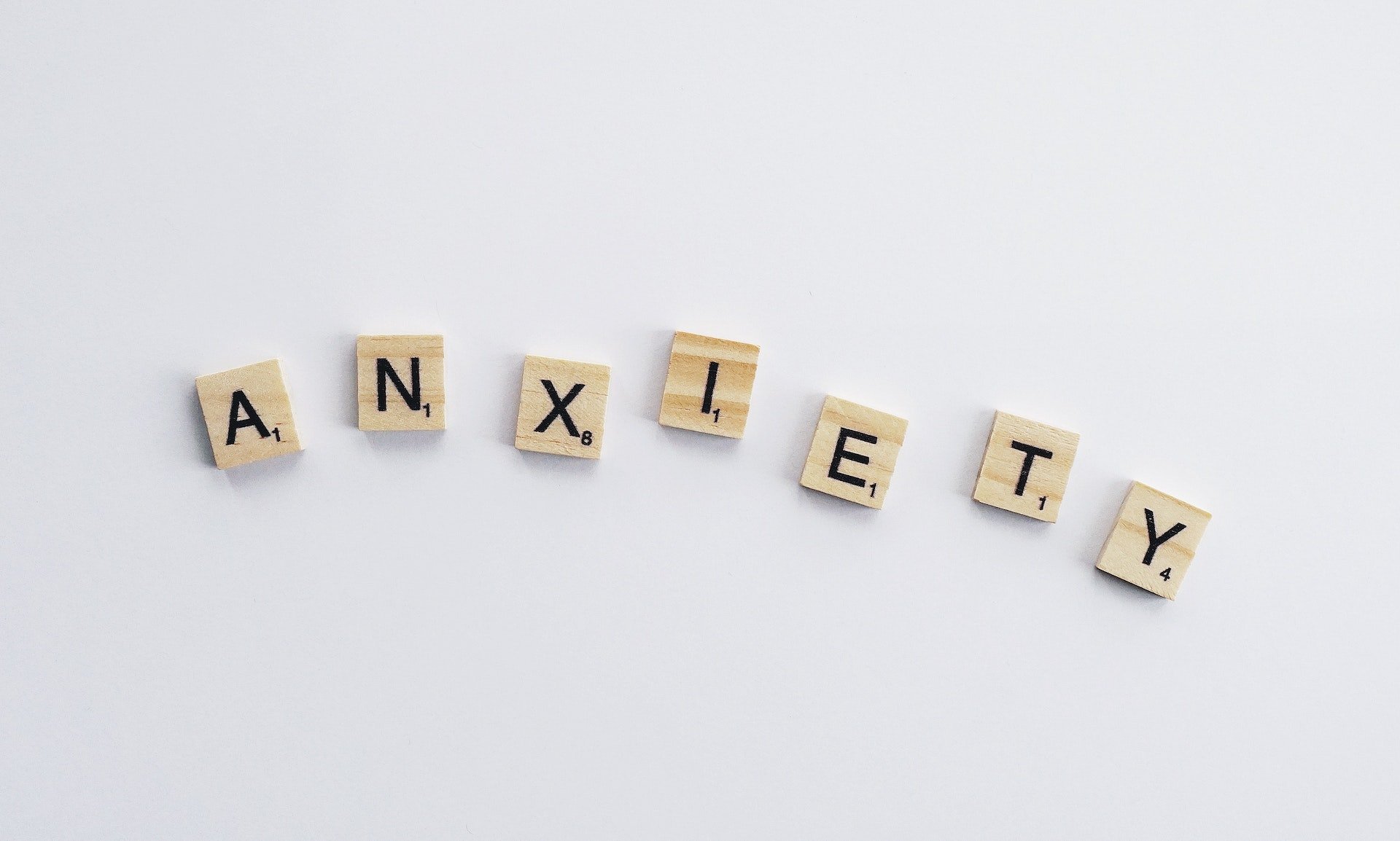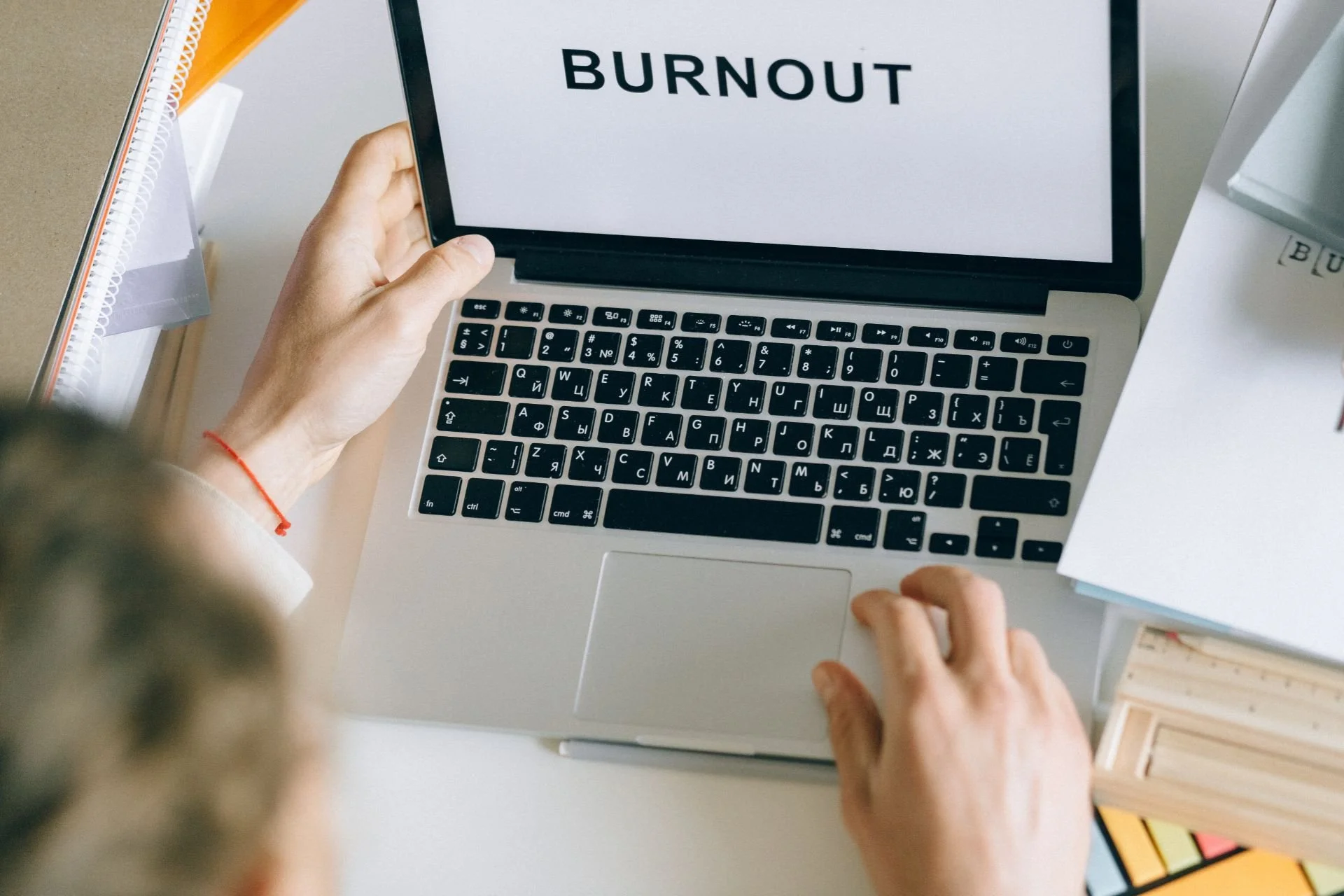Blogs
On People-pleasing
People-pleasing behavior is not an act of benevolence. It stems from a deep-rooted need for external validation and longing to feel secure. People pleasers are often operating from a place of low self-esteem, fear of rejection, or fear of failure.
Understanding Nonverbal Microaggressions
In our society, communication extends far beyond the words we speak. Nonverbal cues can play a significant role in shaping our interactions and relationships.
The Importance of BIPOC Mental Health
BIPOC individuals experience mental health disparities due to various factors, including historical trauma, intergenerational trauma, and ongoing systemic racism. These factors may contribute to higher rates of anxiety, depression, post-traumatic stress disorder (PTSD), and other mental health conditions within these communities.
Understanding Racial Gaslighting: How Denying Racism Can Impact Mental Health
Racial gaslighting takes a significant toll on individuals and communities, perpetuating the cycle of oppression. This harmful behavior can negatively affect marginalized individuals’ physical and mental health, causing them to question their sense of identity, safety, and self-worth.
What is Gaslighting and How Do You Know if Someone is Gaslighting You?
People may use the term “gaslight” in various ways, causing confusion as to what it truly means. Here’s a bit of context into what is considered gaslighting and how to tell if someone is gaslighting you:
Coping With A Breakup
Breakups…we’ve all been there at some point! Relationships can end for several reasons, but even when breaking up feels like the right thing to do, it can still be an incredibly painful experience. When a relationship ends, you may feel profound disappointment, stress, and grief because it represents the loss, not just of the partnership, but also of the dreams and commitments you shared
How Do We Learn to Love Ourselves? A Guide to Developing Self-Love
Developing self-love is no easy feat, especially in a society that profits off our insecurities. Unfortunately, many of us struggle with self-loathing and negative self-talk, often stemming from capitalism, oppression, societal pressures, and unrealistic beauty standards.
Setting Boundaries: A Guide to Protecting Your Mental Health
Setting boundaries as a way of maintaining mental health has become more normalized in the US. Despite the rise in popularity of the word “boundaries,” many people don’t know what setting boundaries looks like or how to talk about it with others.
What is Self-Care and Why is it Important?
Self-care is the process of intentionally engaging in strategies that promote healthy functioning and enhance well-being. It involves the pursuit of activities that promote mental, emotional, and physical health.
Coping With Anxiety: Strategies for Dealing with Anxious Thoughts and Feelings
For most people, experiencing occasional anxiety is a normal part of life—we all go through periods that can be more stressful or overwhelming than usual. Although anxiety is a normal response to stress, it can become overwhelming when it interferes with daily life.
How Safe Spaces Contribute to Mental Health
Today, the term is used more broadly to describe designated areas or communities where individuals can feel secure and protected from discrimination, harassment, and other forms of harm.
How do I Find the Right Therapist?
While this fear is entirely normal, finding the right therapist can make the process of starting therapy much less frightening. Here are a few tips and tricks to help you find the right fit:
What is burnout? And ways to recognize the signs
Burnout is more prevalent than ever in our productivity-fixated culture and even more so for BIPOC and other marginalized identities.
How do I know if I have a disorder?
Have you ever noticed it often takes a diagnosis for yourself or anyone else take your symptoms seriously? Have you ever paused to question what a diagnosis even is, who defines it, or where it comes from? It’s not as objective as you may have thought. Race, class, sex, gender. It all matters.
Racial Trauma: Microaggressions and Microinterventions
“All lives matter.” “Are you her nanny?” “You don’t sound Black.” Do any of these sound familiar? They are examples of typical microaggressions that are rampant in our society.
Therapy for Black, Indigenous + People of Color
Wove Therapy founder, Alpana Choudhury, unpacks some of her thoughts on BIPOC therapy spaces, business ownership, the complicated ethics of the healthcare industry, and the truth about Imposter Syndrome!
















